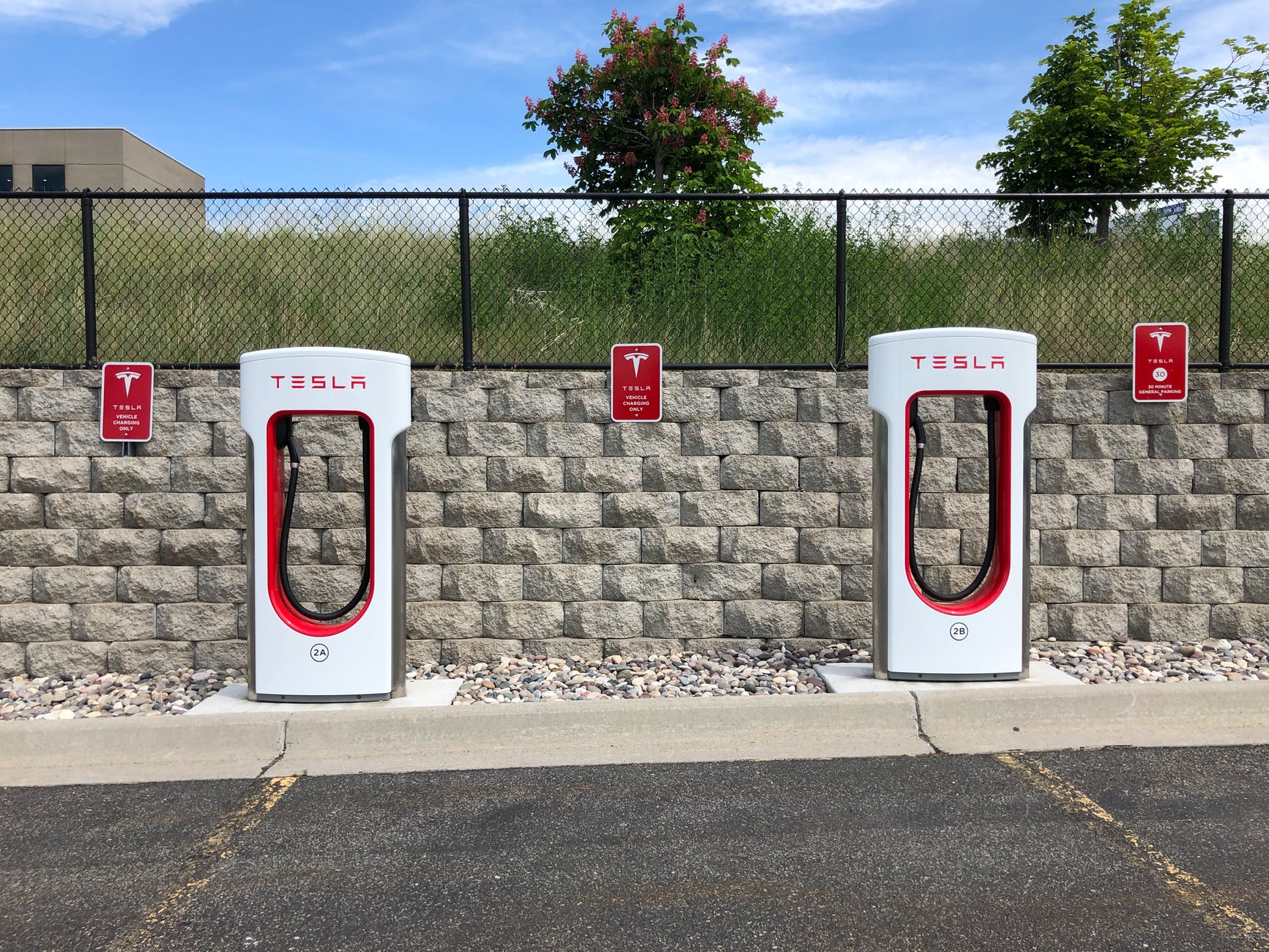
When New Jerseyans head to the polls later this year to elect Governor Phil Murphy’s successor, relief from spiking energy costs is expected to be top of mind for voters. In fact, several lawmakers and prominent gubernatorial candidates have raised the issue just in the past few weeks alone.
Specifically, an anticipated increase in electricity costs – in February the State Board of Public Utilities announced that New Jersey electric bills are slated to skyrocket this summer – is quickly capturing the attention of voters. Residents can expect their monthly bills to increase between 17.23% and 20.20% depending on the service territory starting June 1st, a difficult blow as everyday residents reel from inflation and rising fuel prices.
While statewide Democrats appear to unfairly blame PJM interconnection, the independent system operator (ISO) that manages the electric grid in our region, it is clear that New Jersey’s energy policies have played a much larger role in driving up these costs. Of these policies, the Advanced Clean Cars II (ACC II) rule, adopted in 2023, is one of the more egregious public policy examples that has hurt our state economy and will make living, working, and commuting more difficult in the Garden State.
ACC II was officially passed in New Jersey in November 2023, when Governor Phil Murphy and Department of Environmental Protection Commissioner Shawn M. LaTourette announced the state would require all new cars to be zero-emission vehicles (ZEVs) by 2035. This accelerated timeline, beginning a forced ramp-up in production starting in 2027, goes far beyond New Jersey’s prior ZEV regulations.
ACC II’s effort to force EVs on New Jersey drivers has put new stress on the state’s electrical grid, heaped more restrictions on businesses, and will limit New Jerseyans’ ability to choose what kind of car they drive. Notably, Governor Murphy adopted ACC II based on regulations from the California Air Resources Board (CARB) regarding greenhouse gas emissions from light-duty vehicles in the state. ACC II therefore is nothing more than an irrelevant, out-of-state regulation that has no fit for New Jersey’s families.
For starters, the economic environment around EVs is far different in California than New Jersey, making mass adoption more difficult and costly. In California last year, 25.3% of all new registered cars were electric, while in New Jersey last year, just 3% of total registered vehicles in the state were electric.
California also leads the nation in EV sales and adoption, so it is no surprise that its policymakers are continuing full-steam ahead with ACC II and their growing EV regulatory regime. However, CARB’s decision earlier this year to withdraw its plans for an electric truck mandate should raise alarm bells for New Jersey voters. If California’s giant EV market cannot keep up with a heavy-handed EV truck mandate based on their own emissions standards, why expect New Jersey’s smaller and much less established EV market to survive under these pressures?
There are also problems related to infrastructure. New Jersey is simply not up to par for a massive, forced increase in EV demand as it is the worst ranked state in the nation for EV charging stations per 1,000 EVs on the road. Further, New Jersey’s aging electric grid, which is over a hundred years old and has components dating back to the 1800s, betrays the need for lawmakers to focus on bringing our state grid into the 21st century, not to its knees with a rapid and massive influx in demand that an EV mandate would induce.
It is then no shock that more than 100 New Jersey groups led by the New Jersey Business & Industry Association pushed back on the rule’s aggressive and unrealistic nature before it came into effect. Citizens and policymakers like New Jersey Assemblyman John Azzaritti, meanwhile, continue to voice their opposition.
As Azzaritti explains, “Our electrical infrastructure is nowhere near ready to support such a sweeping policy, and our constituents are nowhere near ready to pay for it. Our constituents have made it clear: they do not support this mandate, and neither do I.” This follows polling from Rutgers last year, which found that 50% of New Jerseyans oppose vehicle mandates outright, with only 19% believing it will have a positive impact on their personal finances.
Fortunately, Congress recently voted to overturn the EPA waiver that allowed for the ACC II rule to be created, which may in effect void the same rule adopted by the Murphy administration. But the action will likely be litigated, leaving the final fate of the rule in question. State lawmakers must therefore urge ACC II to be removed altogether in New Jersey and instead work to strengthen our grid, energy security, and economy.
As policymakers have learned at the ballot box in recent years, everyday economic concerns must drive our state and federal policy in the 21st century. For New Jersey, it is clear that continuing ACC II is the wrong choice and would strain both our state’s EV resources and family pocketbooks.
Michael Busler, Ph.D., is a public policy analyst, economics expert and a professor of finance at Stockton University.


